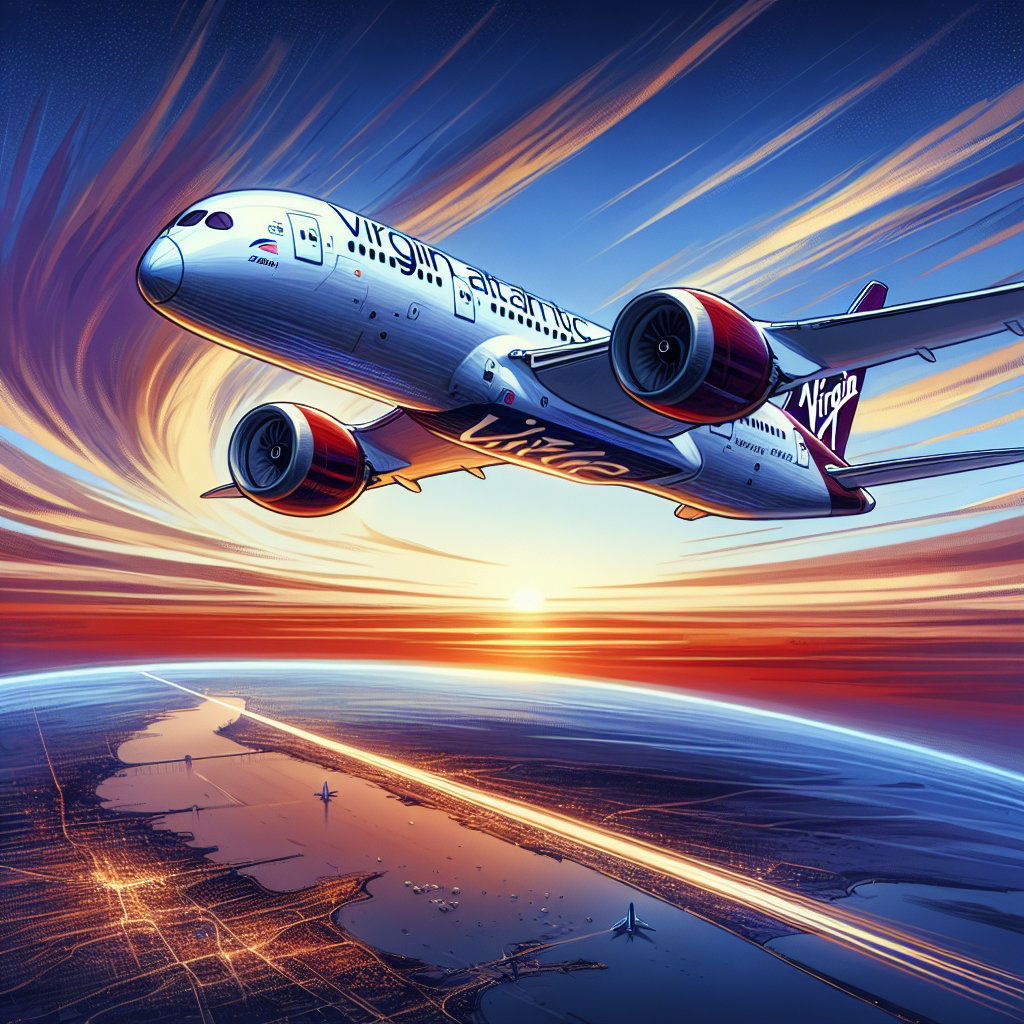Image: AI generated for illustration purposes
Pioneering The Skies: Virgin Atlantic's Historic Transatlantic Flight on 100% Sustainable Fuel
In an unprecedented move within the commercial aviation industry, Virgin Atlantic has completed the first transatlantic flight fully powered by sustainable aviation fuel (SAF), chalking up a considerable achievement in the global effort to combat climate change. The landmark journey signals a potential paradigm shift in how airlines operate, with significant implications for emission reductions.
On Tuesday, a milestone was reached as Virgin Atlantic's Boeing 787, outfitted with Rolls-Royce Trent 1000 engines, soared through the skies on a route from London to New York. The aircraft was uniquely fueled by a blend of used cooking oil, waste animal fat, and a minimal portion of synthetic aromatic kerosene derived from waste corn. This composition of SAF has been advocated as a less carbon-intensive alternative to traditional jet fuels.
Taking off at 11:49 GMT and landing at John F. Kennedy International Airport approximately eight hours later, the historic Flight100 had the honor of transporting Virgin Atlantic's founder Sir Richard Branson, CEO Shai Weiss, and Britain's Transport Minister Mark Harper. The choice to embark on this venture without paying customers or freight underscores the experimental and pioneering nature of the flight.
Tuesday’s flight, a momentous occasion in the aviation industry, heralds a new era for airline sustainability. It came to fruition following successful ground tests and approvals, suggesting the increasing viability of SAF in significant proportions. Prior to this, SAF was predominantly used in conjunction with traditional kerosene in lesser blends.
The successful operation of Virgin's SAF flight occurs within a broader context of intense scrutiny regarding the aviation sector's environmental footprint, which contributes between two to three percent of global carbon emissions. The utilization of SAF, which promises to cut emissions by up to 70 percent, is a key strategy airlines are relying on to lessen their environmental impact as they transition toward future electric and hydrogen-powered air travel.
However, this endeavor is not without its challenges. At present, SAF is considerably more expensive than conventional jet fuel—costing three to five times as much—and represents less than 0.1 percent of the global jet fuel supply. Even with ambitious targets set by European airlines, including a 10 percent SAF usage by 2030 and a “net zero” emissions goal by 2050, the reality of meeting these objectives is daunting due to current production and cost constraints.
The aviation industry has shown resilience and innovation in the face of such challenges, with the success of Virgin Atlantic’s Flight100 showcasing that a sustainable aviation future is not just aspirational but attainable. This flight is also a precursor to the COP28 climate talks in Dubai and serves as a testament to the industry’s commitment to decreasing its carbon footprint.
As the world looks toward a decarbonized future, the progress made by airlines like Virgin Atlantic in embracing SAF provides a beacon of hope. It highlights the significant strides taken toward more sustainable travel and cements the industry’s role in spearheading environmentally friendly initiatives that can truly make a difference in counteracting climate change.










